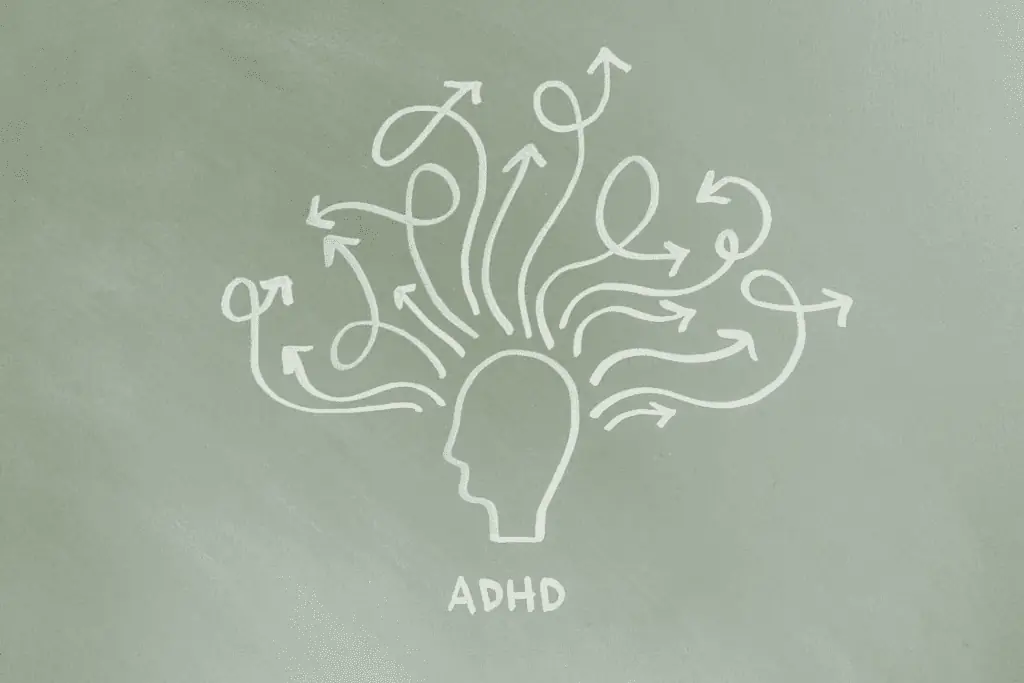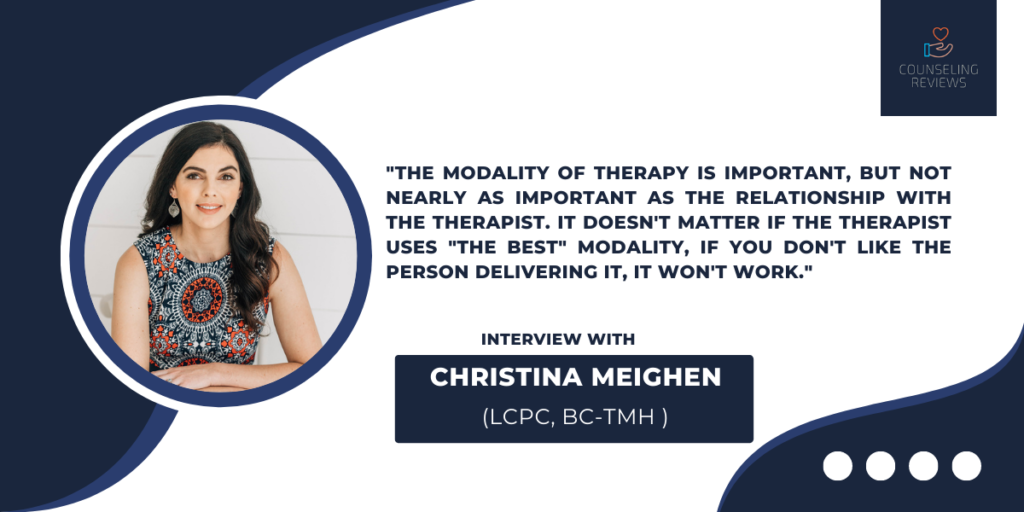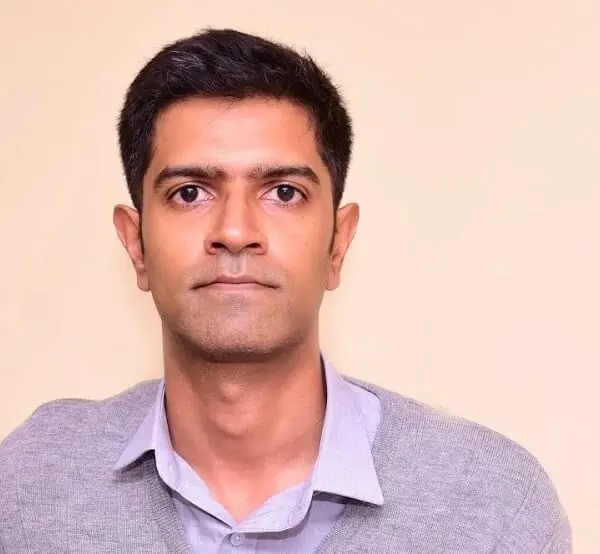Attention deficit/hyperactivity disorder (ADHD) is one of the most common mental health issues among children and adults. Until recently, this disorder was most commonly associated with children, but recent findings reveal a greater prevalence among adults. Almost 8.4% of children and 2.5% of adults have ADHD.
Children and adults with ADHD find it difficult to pay attention or focus on things, remain hyperactive and tend to be impulsive. It is a chronic and debilitating condition that can interfere with academic and professional endeavors. It also causes significant personal distress and may lead to poor self-esteem, increased self-criticism, and mood disorders.
Behavior Therapy, Including Training for Parents
Behavior therapy is a crucial component of addressing ADHD (Attention-Deficit/Hyperactivity Disorder), as it goes beyond managing the child’s ability to pay attention and sit still in school. ADHD can also impact a child’s relationships within the family and with other children, often resulting in disruptive behaviors. Therefore, initiating behavior therapy as soon as a diagnosis is made can be highly beneficial.
The primary objectives of behavior therapy for ADHD are to reinforce positive behaviors and eliminate unwanted or problematic ones. This form of therapy encompasses several key elements:
- Parent Training in Behavior Management: Equipping parents with essential skills and strategies is a fundamental aspect of behavior therapy. This empowers parents to effectively support and guide their child in managing their ADHD-related behaviors.
- Behavior Therapy with Children: Direct behavioral interventions with the child are crucial. This involves working with the child to help them develop and maintain positive behaviors while minimizing disruptive ones.
- Behavioral Interventions in the Classroom: Collaborating with educators to implement behavioral strategies in the classroom setting can significantly benefit children with ADHD. This fosters a consistent and supportive environment for the child’s development.
These approaches can also be integrated to provide comprehensive support. It is particularly effective when parents and educators collaborate closely to assist the child, especially in early childhood programs.
For children under the age of 6, behavior therapy is often recommended as the initial approach before considering medication. This is because:
- Parent training equips parents with the necessary skills to assist their child effectively.
- Studies show that parent training in behavior management can be as effective as medication for young children with ADHD.
- Young children tend to experience more side effects from ADHD medications compared to older children.
- The long-term effects of ADHD medications on young children are not well-documented.
For school-age children (6 years and older) and adolescents, the American Academy of Pediatrics (AAP) suggests a combination of medication treatment and behavior therapy. Various types of behavior therapies have proven effective, including parent training, classroom interventions, peer-focused interventions, and organizational skills training. The choice of therapy or therapies depends on the individual child’s needs and family circumstances, and they are often most effective when used in conjunction with one another.
Thankfully, many treatments are available, both medical and psychotherapeutic. In addition, lifestyle changes and healthy coping mechanisms can significantly improve the quality of life of individuals with ADHD.

To understand new treatments for ADHD, drugs, and therapies available in 2023 for ADHD, we spoke to several mental health professionals who work closely with this population:
- Josue Nigmbi, a representative of ShiftGrit
- Christina Meighen LCPC, BC-TMH (Licensed clinical professional counselor, board certified telemental health provider)
- Terry Matlen, LMSW, ACSW, of ADDConsults
- Rad Swierkowski, therapist and the founder of Tapping School
- Chester Wu, MD. Double board certified in Psychiatry and Sleep Medicine.
- Matthew Phifer, CEO at Matt Phifer Coaching.
- Katie Adam, a Qualified Trainer, Mental Health First Aid Trainer & Psychologist at Skills Training Group,
Without further ado, could you please tell us which drugs are available at the moment to treat ADHD?
Josue Nigmbi: ADHD treatments are different for each person and it depends on their symptoms. Medication and behavioral therapy are common treatments. Among medicines, stimulants like Ritalin, Adderall and Concerta are the commonly prescribed drugs for ADHD and are effective in reducing symptoms. Non-stimulants, such as Strattera, can help too.
Matthew Phifer: Medication is usually a crucial aspect of the treatment plan for people with ADHD. However, settling on a course of action isn’t always easy. You and the doctor should discuss the pros and cons of medicine together to reach the best conclusion. Typically, doctors prescribe either a stimulant or a nonstimulant for patients with attention deficit hyperactivity disorder (ADHD).
CNS stimulants used often in the treatment of ADHD include a stimulant similar to amphetamine (Adderall, Dexedrine, DextroStat). Benzedrine, dextromethamphetamine, dexmethylphenidate, methylphenidate, and dextroamphetamine are all stimulants.
How do these drugs work to help reduce the symptoms of ADHD?
Matthew Phifer: In most cases, doctors will prescribe a medicine that acts on the brain’s central nervous system (CNS) to treat ADHD. Dopamine and norepinephrine are neurotransmitters in the brain that are stimulated by these medications. These stimulants have the counterintuitive effect of calming down people with ADHD. Many people report decreased levels of hyperactivity and enhanced concentration as a result of this. The effect enhances one’s ability to focus and concentrate.
If one does not tolerate the medicines recommended for ADHD, what are the options?
Matthew Phifer: If stimulants have not been effective for your ADHD or if they create intolerable side effects, your doctor may suggest trying an alternative medicine. Non-stimulant drugs atomoxetine (Strattera), antidepressants such as nortriptyline (Pamelor), and Clonidine with guanfacine (Intuniv) (Kapvay).
What are the psychotherapeutic approaches towards treating ADHD?
Josue Nigmbi: Therapeutic approaches include behavior modification, cognitive behavior therapy and family therapy. We also recommend exercise, sleep, and diet to help reduce the symptoms of ADHD. Practicing mindfulness and stress management techniques can be beneficial too.
In addition to therapy, are there any lifestyle changes that people with ADHD can make?
Josue Nigmbi: Some people with ADHD find complementary treatments, such as mindfulness meditation and omega-3 fatty acid supplementation, helpful in managing their symptoms. It is important to note that the best treatment plan for ADHD involves a combination of medication, therapy, lifestyle changes, and complementary treatments tailored to a person’s individual needs.
Christina Meighen: For those of you who do not respond well to medication, exercise, preferably outside, is the next best thing.
Where can one find a good therapist specializing in the treatment of ADHD?
Christina Meighen: First of all, the therapist MUST be an informed therapist and acknowledge that ADHD is a valid medical and mental diagnosis. You would be surprised how many professionals consider ADHD a childhood “sit still” problem. When seeking a therapist you can start with a database such as, goodtherapy.org and filter your results by diagnosis. These professionals have more than general knowledge regarding ADHD and have learned and practiced with the diagnosis. It is also important to note that the relationship with the therapist is the most important part of therapy.
Which therapeutic modality is the best for ADHD?
Christina Meighen: The modality of therapy is important, but not nearly as important as the relationship with the therapist. It doesn’t matter if the therapist uses “the best” modality, if you don’t like the person delivering it, it won’t work.
The next thing to consider is the part of ADHD you are treating. ADHD may cause trauma, anxiety, relationship issues, etc. If this is the case, CBT for ADHD (group or individual) might be helpful. If there are more deeper emotional issues connected to ADHD then one on one therapy with a therapist that you feel safe with might be what you need.
Terry Matlen: The CDC recommends behavioral therapy such as CBT and/or other behavioral therapies for the treatment of ADHD. In children, parent treatment is usually necessary. However, in my work with adults with ADHD, I feel that one has to be flexible and not jump into the one size fits all category. Some clients do need CBT but others might benefit from, say, talk therapy, ACT, etc.
Many adults with ADHD have trauma backgrounds; they may benefit from EMDR. Some come with severe anxiety or depression. I generally advocate for therapists to either include ADHD coaching in their treatment or recommend that their therapy be augmented by the client receiving both therapy and coaching.
Rad Swierkowski: One of the best therapies for ADHD is cognitive behavioral therapy (CBT), a brain training therapy. This short-term, goal-oriented psychotherapy focuses on altering unhelpful thought patterns and redefining how an individual feels about themselves and their ADHD symptoms. Keep in mind that the primary symptoms of this disorder, such as impulsivity, hyperactivity, and inattention, are not managed by CBT. As an alternative, it aids in lowering the life impairments that these symptoms may cause in the patients, such as poor time management and procrastination.
Is therapy alone sufficient to treat ADHD?
Christina Meighen: Lastly, keep in mind that medication management in conjunction with therapy for ADHD is the #1 recommended treatment. Some therapists will not treat you with unmedicated ADHD for safety reasons (we are more accident prone people).
Terry Matlen: Studies show that the most effective treatments also include medication; stimulant meds are generally the most effective.
Rad Swierkowski: Although studies indicate that CBT has greater advantages than other types of treatment, there is no evidence to support it as a substitute for medication therapy.
Other than therapy and medicines, what else can a person or child with ADHD do to reduce the severity of symptoms?
Chester Wu: An undersung yet important and effective therapy for those with ADHD is to get enough sleep at the right times for your body clock.
Your sleep can have a huge impact on your ADHD symptoms. When you don’t get enough sleep, and you don’t get it at the right times for your body clock, symptoms get worse and harder to live with.
To get enough sleep at the right times for your body clock, sleep hygiene interventions are often recommended as a first-line option for those with ADHD, both for people on medication and not.
Sleep hygiene is the name for the set of behaviors you can do each day to help you fall asleep faster, stay asleep all night, and fall asleep at your desired bedtime. They will help you get enough sleep each night and stay in circadian alignment, two things that have been shown to improve ADHD symptoms.
Here’s what you can do:
- Keep a consistent sleep schedule: Even on weekends.
- Get natural light first thing in the morning: Aim for 10 minutes of natural light exposure, or 30 minutes if it’s cloudy or you’re getting light through a window.
- Get natural light during the day: Go for a long walk, work out outside, or work by a window.
- Avoid bright light close to bedtime: Dim the lights and put on blue-light blocking glasses (we like these — no affiliation) 90 minutes before bed.
- Avoid sleep disruptors too close to bedtime: This includes caffeine, exercise, alcohol and large meals.
- Make time for a calming bedtime routine: This will help to slow your body and brain down for sleep.
- Make your bedroom dark, cool, and quiet: Aim for 65 to 68 degrees Fahrenheit, and use earplugs, an eye mask (again, no affiliation with either), and blackout curtains.
(The RISE app can guide you through 20+ sleep hygiene habits, helping you not only do each one, but do them at the right time for your own circadian rhythm, which makes them more effective. You don’t need to worry about forgetting habits or getting distracted from doing them, RISE can coach you through them all every day. Plus, it can help anyone who uses the “spoons theory” manage and improve their energy levels.)
What about cognitive neurofeedback? Does this treatment approach have any effect on ADHD?
Katie Adam: Cognitive neurofeedback is a type of treatment for ADHD that uses mental exercises to help both children and adults be less impulsive and better able to pay attention. Neurofeedback can help reduce ADHD symptoms like acting out, being impulsive, and being easily distracted. This is because it trains the brain to make patterns of brain waves that are associated with focusing instead of patterns that are associated with daydreaming.
The majority of neurofeedback sessions involve the patient wearing electrode-lined headgear while they engage in a difficult mental task, like reading aloud. The areas of the brain where too much or too little brain-wave activity occurs are theoretically the sources of the patient’s ADHD symptoms and are mapped out after being scanned by a computer.
I contend that although some patients report gains in concentration, neurofeedback has a minimal effect on other difficulties linked with ADHD and has not been carefully researched in any large, double-blind studies. Patients receiving neurofeedback have been noted to show significant improvement by others.
If you have ADHD, there are multiple treatment options
As discussed in the sections above, there are multiple ways you can deal with ADHD. Primarily, you will need to be medicated in order to control excessive neural activity. Secondly, psychotherapy is necessary to help you manage negative emotions, stress, and anxiety, which are typical symptoms of ADHD. CBT in particular shows promise to help individuals with ADHD.
Thirdly, it is important to make lifestyle changes and inculcate habits like exercising, eating well, and practicing meditation. Finally, you must get enough rest and sleep, and implement sleep hygiene in order to rest your mind. Last but not least, cognitive neurofeedback shows some promise too.
Tips for Parents
Here are some practical tips for parents to manage and support their child’s behavior, especially if the child has ADHD:
- Establish a Consistent Routine: Maintain a daily schedule that includes regular wake-up times and bedtime. Consistency helps create a sense of stability for your child.
- Promote Organization: Encourage your child to keep their schoolbags, clothes, and toys in designated places to reduce the chances of losing them.
- Minimize Distractions: Create a focused environment for homework by turning off the TV, reducing noise, and providing a clean workspace. Some children with ADHD may benefit from movement or background music, so observe what works best for your child.
- Simplify Choices: Offer your child choices with just a few options to prevent them from feeling overwhelmed. For instance, let them choose between two outfits, meals, or toys.
- Effective Communication: Be clear and specific when talking to your child. Show that you’re actively listening by summarizing what they’ve said. Use concise and straightforward instructions when they need to complete a task.
- Help with Planning: Break down complex tasks into smaller, more manageable steps. For lengthy tasks, encourage them to start early and take short breaks to reduce stress.
- Set Goals and Use Positive Reinforcement: Create a goal chart to track positive behaviors and accomplishments. Let your child know when they’ve done well, either through verbal praise or other appropriate rewards. Ensure that the goals are realistic and achievable, focusing on small steps of progress.
- Effective Discipline: Avoid scolding, shouting, or physical punishment. Instead, use clear instructions, time-outs, or the temporary removal of privileges as consequences for inappropriate behavior.
- Foster Positive Experiences: Identify and support your child’s strengths and interests, whether it’s in school, sports, arts, music, or play. Encourage activities that create positive experiences for them.
- Promote a Healthy Lifestyle: Ensure your child maintains a nutritious diet, engages in regular physical activity, and gets enough sleep. These factors can play a significant role in managing and potentially improving ADHD symptoms.
If you have been diagnosed with ADHD and have questions, there are certainly a number of options today.





